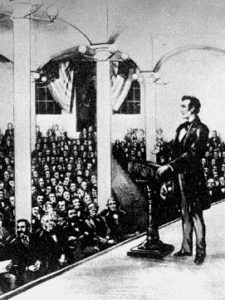 On February 27, 1860, a tall, lanky lawyer from Illinois gave a speech at a place called Cooper Union in New York City. The speech would make Abraham Lincoln president. Sounds a bit hyperbolic to say such a thing, and there were many other factors that contributed to Lincoln’s success that election season, but the speech did more to make his name in eastern society than any other event.
On February 27, 1860, a tall, lanky lawyer from Illinois gave a speech at a place called Cooper Union in New York City. The speech would make Abraham Lincoln president. Sounds a bit hyperbolic to say such a thing, and there were many other factors that contributed to Lincoln’s success that election season, but the speech did more to make his name in eastern society than any other event.
While Lincoln was renowned in Illinois, his stories and jokes the highlight of the Eighth Judicial Circuit, he was virtually unknown in the rest of the country. In early 1860 his name was not on anyone’s lips as a possible nominee for the Republican party. And then came Cooper Union.
Lincoln had been invited to speak at Henry Ward Beecher’s church in Brooklyn. He spent months researching his topic in preparation, only to find after arriving in New York that the event had been moved to the larger Cooper Union building in Manhattan. Retouching his speech for a more connected political audience, he stood up on the stage and began with his surprisingly high-pitched voice, which warmed up to a commanding presence after a few minutes.
Eminent Lincoln scholar Harold Holzer in his book, Lincoln at Cooper Union, describes the painstaking research and effort Lincoln put in to prepare for the most important speech of his life. He parses the intricate language of the 90-minute speech, then goes into its structure – three main sections.
The first section provides a historical accounting of the founder’s beliefs regarding slavery. And by accounting I mean in the literal sense, counting up the various votes and statements of the founders as indications of their views on slavery. In short, they didn’t approve of slavery (even though many were slaveholders) but as slavery already was firmly entrenched, they saw not how to eliminate it in one fell swoop. So they opted for a piecemeal approach under the, perhaps naïve, belief that slavery would die under its own immoral weight. Lincoln documents this in great detail.
In the second section, Lincoln directs his words at the people of the South. “You say you are conservative…while we are revolutionary, destructive, or something of the sort. What is conservative? Is it not adherence to the old and tried, against the new and untried?” Lincoln notes that being conservative would mean adhering to the beliefs of the founders that slavery was wrong and inconsistent with a nation where “all men are created equal.”
In his final section, the shortest, he asserts that Republicans cannot relinquish their principle that slavery is wrong just to placate the South. He ends with words that have become as famous as his later Gettysburg Address:
Let us have faith that right makes might, and in that faith, let us, to the end, dare to do our duty as we understand it.
As one looks back on this speech 159 years later we see how Abraham Lincoln and the Republican Party were progressive in their views while remaining true to the Declaration that “all men are created equal.” Southern Democrats of the age were the conservatives in that they sought to preserve an aristocracy-based Southern society where a few rich plantation owners controlled an economy based on inequality.
Oh how the parties have switched places in the intervening years to get us to today.
All Americans would benefit from reading the full Cooper Union speech and learning more about this singular era in American history.
David J. Kent is an avid science traveler and the author of Lincoln: The Man Who Saved America, in Barnes and Noble stores now. His previous books include Tesla: The Wizard of Electricity and Edison: The Inventor of the Modern World and two e-books: Nikola Tesla: Renewable Energy Ahead of Its Time and Abraham Lincoln and Nikola Tesla: Connected by Fate.
Check out my Goodreads author page. While you’re at it, “Like” my Facebook author page for more updates!



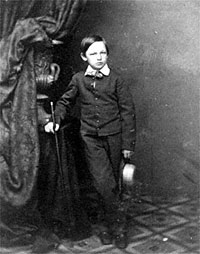 William Wallace Lincoln, “Willie,” died of typhoid fever on February 20, 1862. President Abraham Lincoln and his wife Mary Lincoln were devastated. Willie’s younger brother Tad was also afflicted, but would live. This personal tragedy on top of the ongoing Civil War was almost too much to bear for both of them; Mary would never completely recover. But Willie’s death, and those of 700,000 soldiers during the Civil War, also ushered in advances in the embalming sciences.
William Wallace Lincoln, “Willie,” died of typhoid fever on February 20, 1862. President Abraham Lincoln and his wife Mary Lincoln were devastated. Willie’s younger brother Tad was also afflicted, but would live. This personal tragedy on top of the ongoing Civil War was almost too much to bear for both of them; Mary would never completely recover. But Willie’s death, and those of 700,000 soldiers during the Civil War, also ushered in advances in the embalming sciences. During a recent visit to Costa Rica I learned how to make coffee. From scratch, like from the beans. I toured the
During a recent visit to Costa Rica I learned how to make coffee. From scratch, like from the beans. I toured the 







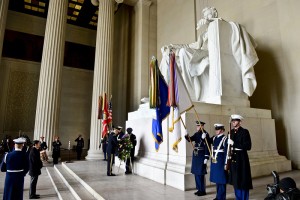 If you aren’t already a member, please consider joining the Lincoln Group of DC. We have members all over the country. For those who are local to the District of Columbia, we have monthly dinner meetings featuring well-known authors and Lincoln scholars, run at least one Civil War battlefield tour a year, have an engaging monthly book study group, and a host of other events and meetings. The Lincolnian newsletter comes out quarterly and includes news about the group as well as scholarly articles about Abraham Lincoln.
If you aren’t already a member, please consider joining the Lincoln Group of DC. We have members all over the country. For those who are local to the District of Columbia, we have monthly dinner meetings featuring well-known authors and Lincoln scholars, run at least one Civil War battlefield tour a year, have an engaging monthly book study group, and a host of other events and meetings. The Lincolnian newsletter comes out quarterly and includes news about the group as well as scholarly articles about Abraham Lincoln.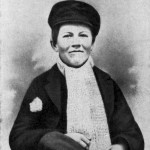 Although he was the last of seven children, Thomas Alva Edison was born into a largely empty household. February 11, 1847, was a cold, snowy night in the tiny village of Milan, Ohio, not far from the shores of Lake Erie. Edison’s mother, Nancy, who seemed always to be wrapped in black mourning garb, was eager to have more children to replace those who had not survived. One son, Carlile, died in 1842, when he was only 6 years old. A second son, 3-year-old Samuel Ogden, perished a year later while Nancy was pregnant with daughter Eliza. Eliza also lived only three years, passing away in late 1847, when Thomas was still an infant.
Although he was the last of seven children, Thomas Alva Edison was born into a largely empty household. February 11, 1847, was a cold, snowy night in the tiny village of Milan, Ohio, not far from the shores of Lake Erie. Edison’s mother, Nancy, who seemed always to be wrapped in black mourning garb, was eager to have more children to replace those who had not survived. One son, Carlile, died in 1842, when he was only 6 years old. A second son, 3-year-old Samuel Ogden, perished a year later while Nancy was pregnant with daughter Eliza. Eliza also lived only three years, passing away in late 1847, when Thomas was still an infant.
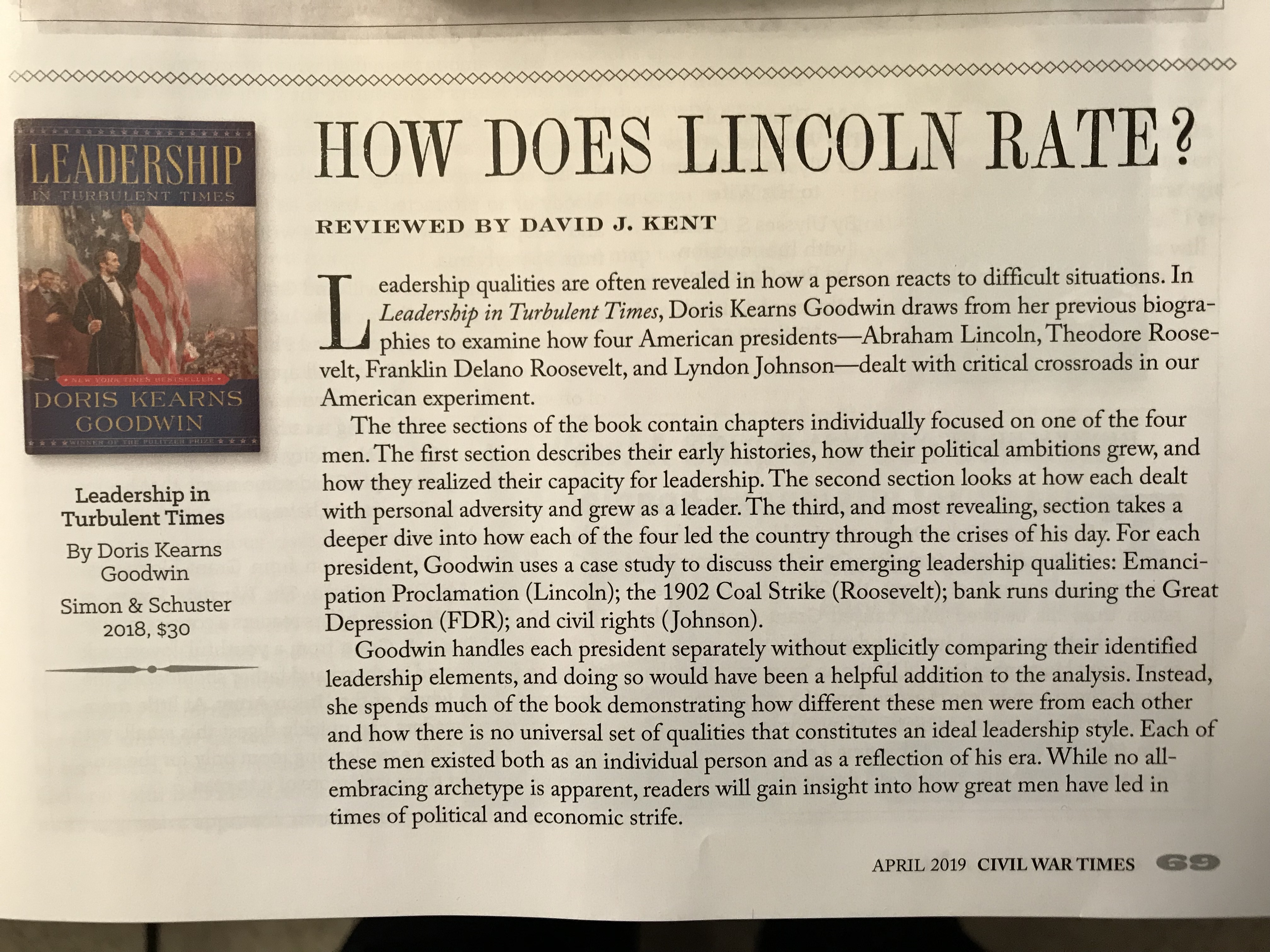 Most people of heard of Doris Kearns Goodwin from her bestselling book, Team of Rivals, about Abraham Lincoln picking many of his political rivals to key cabinet positions. Initially well sold, it got a huge boost after then-candidate Barack Obama was seen carrying it on the campaign trail prior to his 2008 election, then again when Obama picked his rival Hillary Clinton to be Secretary of State, much like Lincoln put William Seward in that position. Another boost came from Steven Spielberg’s movie, Lincoln, which was based on a tiny part of Goodwin’s book.
Most people of heard of Doris Kearns Goodwin from her bestselling book, Team of Rivals, about Abraham Lincoln picking many of his political rivals to key cabinet positions. Initially well sold, it got a huge boost after then-candidate Barack Obama was seen carrying it on the campaign trail prior to his 2008 election, then again when Obama picked his rival Hillary Clinton to be Secretary of State, much like Lincoln put William Seward in that position. Another boost came from Steven Spielberg’s movie, Lincoln, which was based on a tiny part of Goodwin’s book.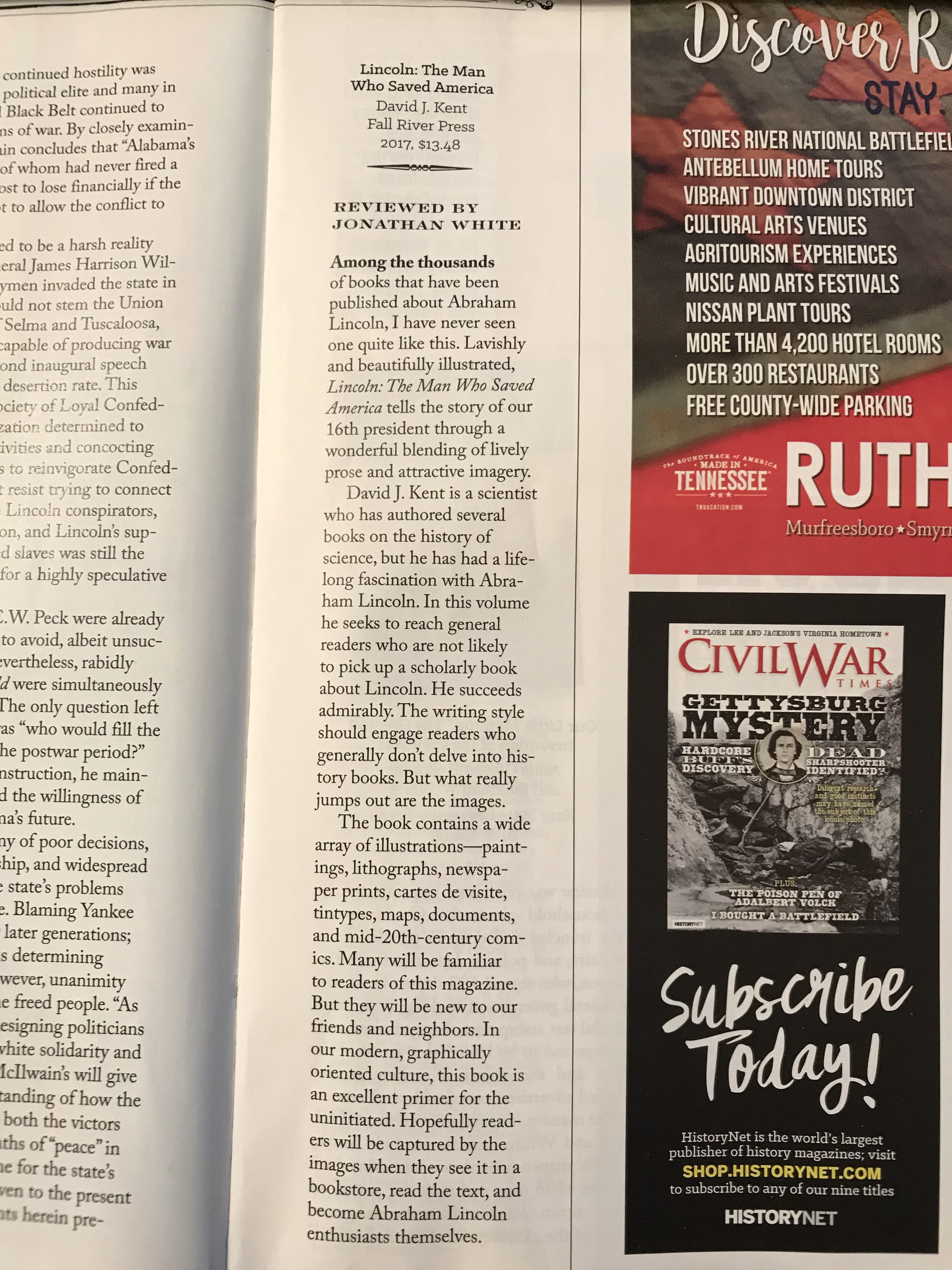



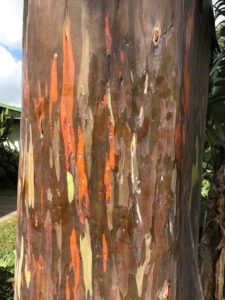
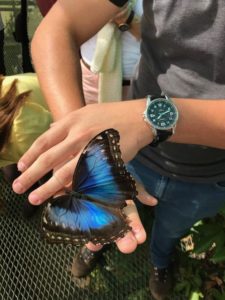
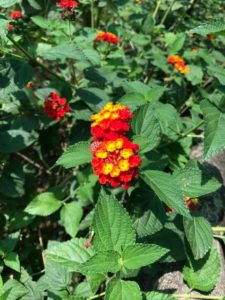


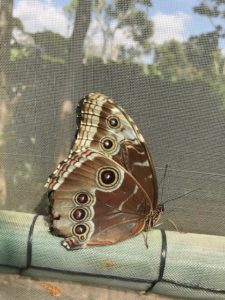
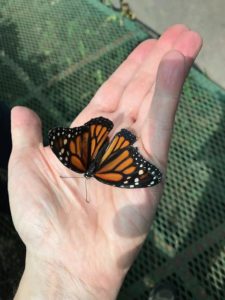
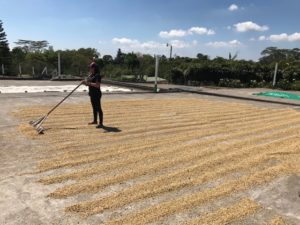
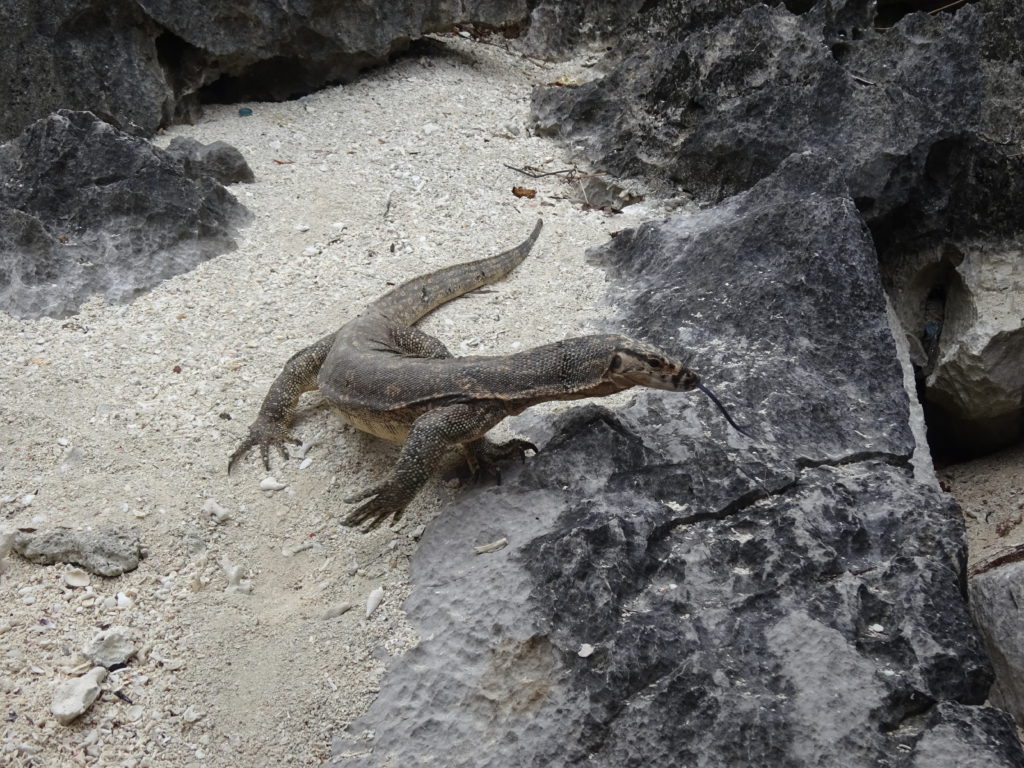 A close relative of the somewhat larger and more famous Komodo Dragon, all monitor lizards belong to the genus Varanus, a word derived from the Arabic meaning “dragon” or my favorite, “lizard beast.” And what a beast he was (but in a good way).
A close relative of the somewhat larger and more famous Komodo Dragon, all monitor lizards belong to the genus Varanus, a word derived from the Arabic meaning “dragon” or my favorite, “lizard beast.” And what a beast he was (but in a good way).


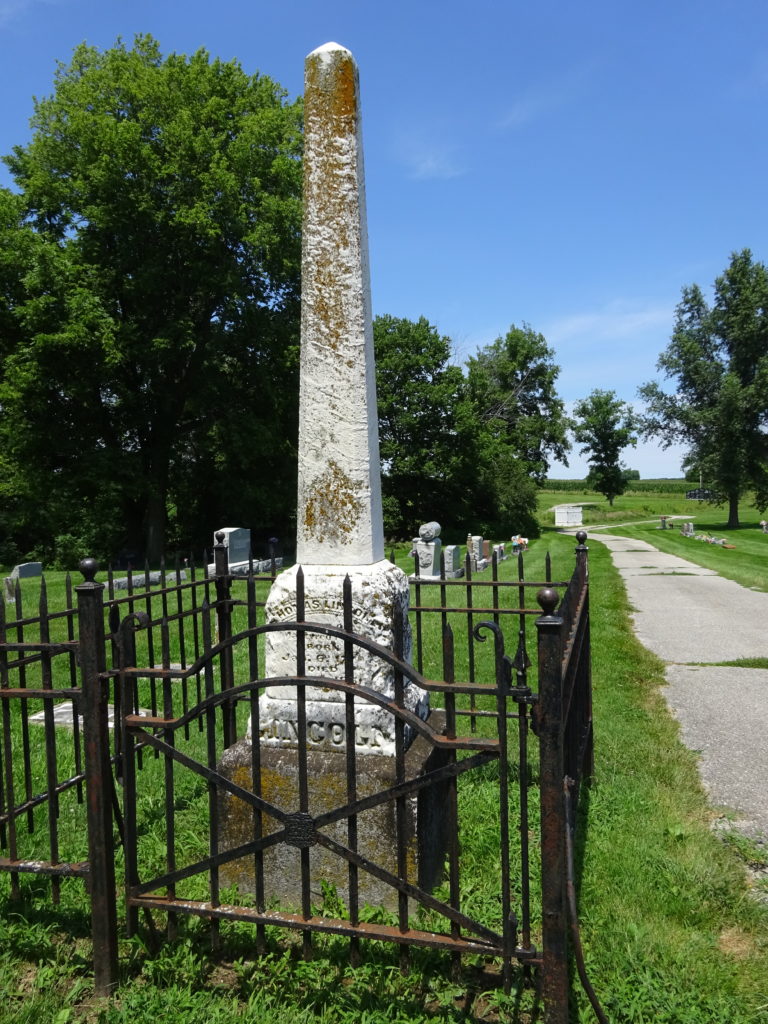 George Balch, a local farmer and poet who knew Thomas and Sarah Lincoln, wrote a poem years later to bring public attention to the neglected condition of the grave. A portion graces the waymarker sign; the following presents the entire poem.
George Balch, a local farmer and poet who knew Thomas and Sarah Lincoln, wrote a poem years later to bring public attention to the neglected condition of the grave. A portion graces the waymarker sign; the following presents the entire poem.






